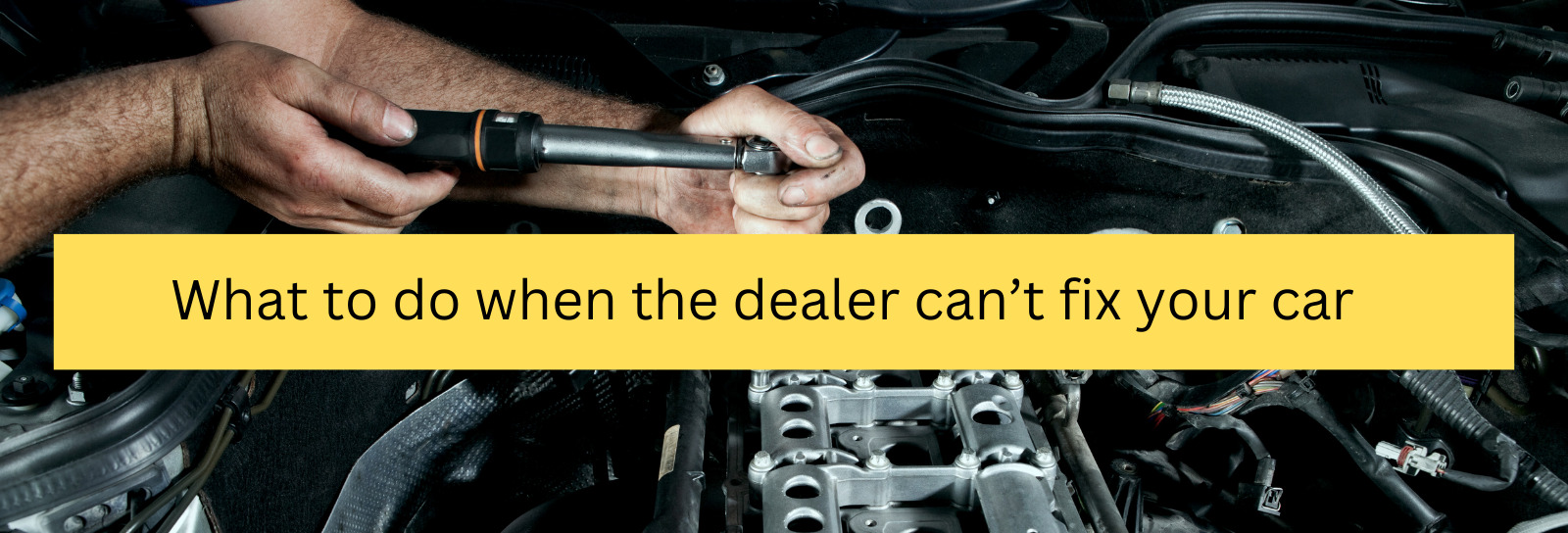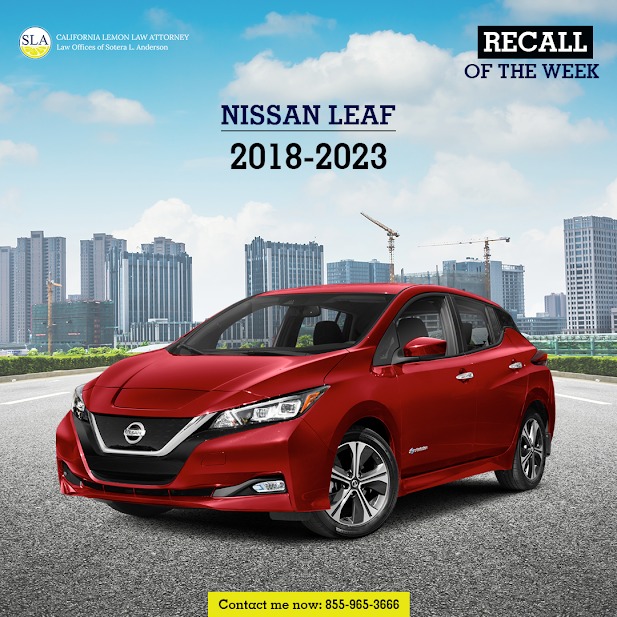Owning a Ford Ranger should be an adventure, offering reliability and performance on and off the road. However, for some owners, the experience has been marred by persistent and frustrating issues. If your Ford Ranger is plagued by problems like stalling, overheating, loss of power, transmission slips, or hesitation, you might be dealing with a lemon.
Common Issues with the Ford Ranger
Many Ford Ranger owners have reported the following issues, which can severely impact the vehicle’s performance and safety:
- Stalling: Unexpected engine stalling can be dangerous, especially in traffic or while driving at higher speeds. This issue is a major concern for many Ranger owners.
- Overheating: Overheating problems can lead to engine damage and costly repairs. If your Ranger frequently overheats, it’s a sign of a significant defect.
- Loss of Power: Experiencing a sudden loss of power can be alarming and is a common complaint among Ranger drivers. This issue affects the vehicle’s reliability and performance.
- Transmission Slips: Transmission slips can cause your vehicle to unexpectedly change gears, which is both frustrating and potentially hazardous.
- Transmission Hesitation: Hesitation in the transmission when accelerating can lead to unsafe driving conditions and overall dissatisfaction with the vehicle’s performance.
Understanding Your Rights
As a consumer, you have rights under California’s Lemon Law, which protects buyers and lessees of vehicles with significant defects that impair their use, value, or safety. If your Ford Ranger has been in the shop repeatedly for the same issues or has been out of service for an extended period, it might qualify as a lemon.
How a Lemon Law Attorney Can Help
While it’s possible to pursue a Lemon Law claim on your own, having an experienced attorney can make a significant difference. Here’s how a Lemon Law attorney can assist you:
- Case Evaluation: An attorney will thoroughly review the history of your Ford Ranger to determine if it meets the criteria for a Lemon Law claim. They will assess the severity and frequency of the issues and advise you on the best course of action.
- Expert Negotiation: With their knowledge of Lemon Law requirements and experience dealing with manufacturers, attorneys are skilled at negotiating the best possible outcome. This could include a refund, a replacement vehicle, or a cash settlement.
- No Upfront Costs: In most cases, you won’t have to pay your Lemon Law attorney out of pocket. The law stipulates that the manufacturer must cover attorney fees if the claim is successful, allowing you to benefit from expert legal representation without the financial burden.
Take Action Now
If your Ford Ranger is experiencing stalling, overheating, loss of power, transmission slips, or hesitation, it’s time to take action. Don’t let these issues continue to disrupt your driving experience and compromise your safety.
Contact Lemon Law Attorney Sotera Anderson Today
Don’t face these challenges alone. Contact me, a Lemon Law attorney specializing in automotive defects, to help you navigate the legal process and get the compensation you deserve. Together, we can hold Ford accountable and ensure you get your money back or a reliable replacement vehicle. Your satisfaction and safety are our top priorities.
Conclusion
Owning a defective vehicle like the Ford Ranger can be frustrating and stressful. But you don’t have to deal with it alone. By seeking the assistance of a skilled Lemon Law attorney, you can protect your rights and achieve a favorable resolution. Reach out today to start your journey towards reclaiming your peace of mind on the road.
If you’re facing car problems and suspect your vehicle may be a lemon, contact our experienced Lemon Law attorneys today for a free consultation. We are dedicated to protecting your rights and helping you seek justice in your lemon law case.
Free Quiz: click HERE
Phone: 855-965-3666
Free Case Evaluation: Email the purchase contract and all of the repair records to Info@calemonlawattorney.com
Disclaimer: This blog article is intended for informational purposes only and should not be considered legal advice. For accurate and up-to-date information regarding the lemon law in your jurisdiction, consult with a qualified attorney.
 Call Us Now
Call Us Now Text Us Now
Text Us Now
 (855) 965 3666
(855) 965 3666










